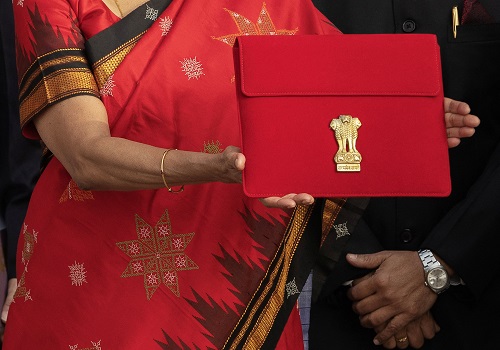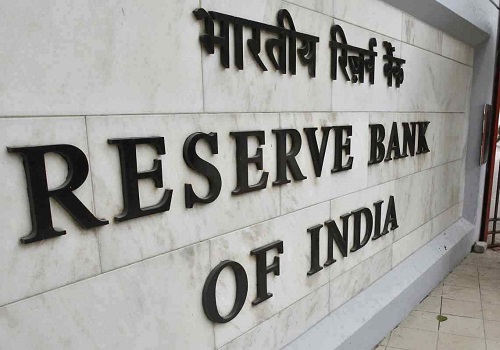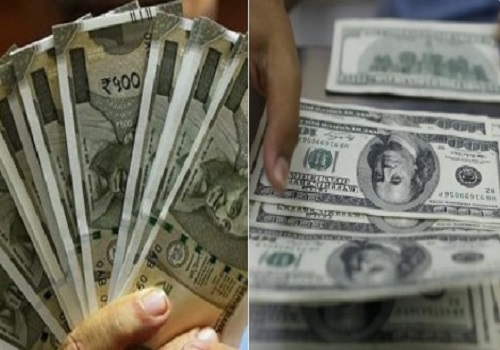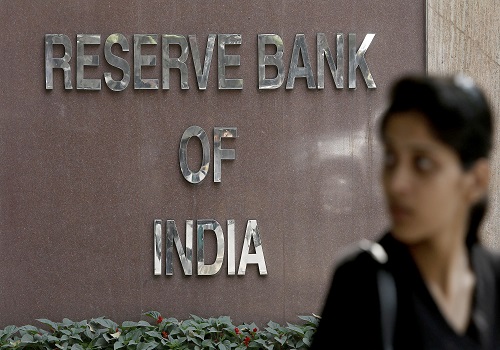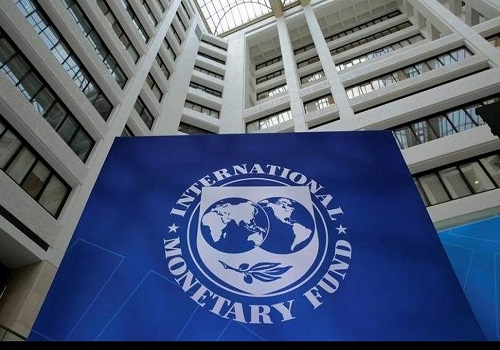Neutral rate cannot determine monetary policy in India, says cenbank chief

The Indian central bank's target is to bring down inflation to 4% and though it looks at the real and neutral rates in the economy, those cannot be determinants of monetary policy, Governor Shaktikanta Das said on Friday.
"Neutral rate and all are theoretical, abstract concepts that cannot determine policy in the real world," Das said at an event organised by the Financial Express newspaper.
On Thursday, the Reserve Bank of India said the economy's neutral or natural rate of interest has increased since the pandemic and will rise further, driven by the growth of potential output.
The central bank in its monthly bulletin estimated the neutral rate was 1.4-1.9% in the fourth quarter of 2023-24, higher than 0.8-1.0% estimated in the third quarter of 2021-22.
"So even if you were to argue that real rates are high, that is not so," Das said, referring to the latest study.
The RBI chief reiterated the bank's commitment to bringing down inflation to its 4% target while keeping in mind the objective of growth.
"Growth is holding steady, so now we have to focus clearly and unambiguously on inflation," he said, adding that growth momentum has been robust even in the current quarter.
Das said urban consumption has been doing well in recent quarters while rural consumption has also picked up in recent months and is expected to improve amid good monsoon and agricultural prospects.
He added that inflation was on a downward trajectory despite the recent uptick to 5.1% in June on the back of a spike in seasonal vegetable prices, which would need to be monitored.
Separately, Das asked banks and non-banks to use their regulatory freedom "responsibly" to maintain fair and transparent pricing of small-value loans.
Unfair practices on microfinance loans would "compel us to have a re-look at the revised regulatory framework for microfinance loans, which were issued in March 2020," he added.
Private credit as a preferred alternative mode of capital mobilisation is growing rapidly and is emerging as an attractive investment avenue for investors with high-risk appetite, Das said.
"While risks appear to be contained at present, it is important to bear in mind that vulnerabilities and interconnectedness in these markets can amplify negative shocks and pose financial stability concerns," he warned.

